The club's record holder for goals in the national cup. As a coach, he led the team to the European cup final for the first time.
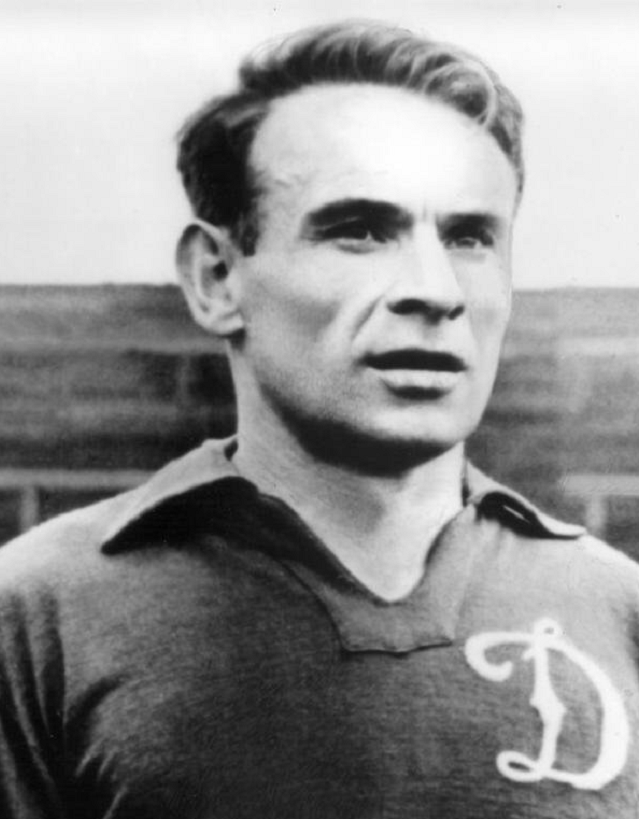
Player flight statistics:
0 flights
0 hours in the air
Konstantin Ivanovich Beskov was born on November 18, 1920 in Moscow. He was not yet six years old when his uncle first took him to football, which from then on completely captured his attention. He began to take his first steps in his career in Tagansky Park, where he quickly became everyone's favorite and the team captain.
The talent of the young Beskov did not go unnoticed. Soon he received an offer from the then-novice coach Boris Arkadyev, who took the 17-year-old forward to Metallurg Moscow. Two years later, Konstantin was already the team's top scorer.
In the autumn of 1940, Beskov was drafted into the army and assigned to the border troops to serve in the Moldavian SSR. Shortly before this, Arkadyev became the head of Dynamo Moscow. He convinced the management to return Beskov to the capital and began training him again. But soon the Great Patriotic War broke out, and the footballer ended up in the Separate Special Purpose Motorized Rifle Brigade.
After its end, the striker truly blossomed and helped the white-blues win the first post-war championship. By that time, Mikhail Yakushin had taken over the team, and Arkadyev had left for CDKA and for many years became Dynamo's main competitor on the path to new titles. Beskov played for the white-blues until 1954, won two more trophies with the team and scored 116 goals - the second highest in the club's history.
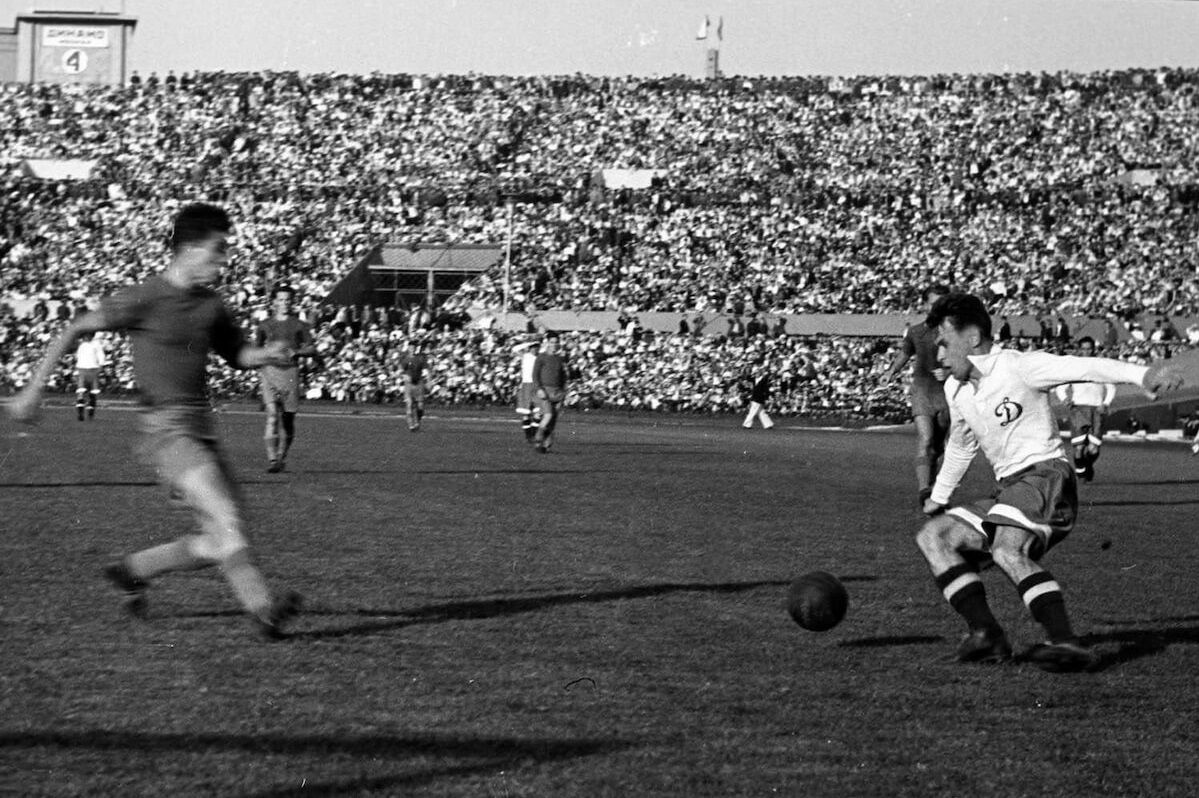
One of the brightest pages in Beskov's career as a player is associated with the legendary tour of Great Britain in 1945. Konstantin Ivanovich played one of the key roles in the triumphant performance of Dynamo. At the same time, he scored exclusively in winning matches - four goals against Cardiff City (10:1) and a crucial goal against Arsenal (4:3).
Already in the 90s, on one of the TV shows, he was asked if he remembered the match in which he scored 4 goals. After Konstantin Ivanovich found it difficult to answer, he was reminded of the game with Cardiff. To which Beskov, with his characteristic humor, replied: "Oh, that. There was such a fog there that I couldn't see anything."
Shortly before leaving on tour, Beskov met his future wife. Valeria believed in the business trip, which was amazing for that time, only when the young footballer asked her for a photo as a keepsake. And then after each match she ran to the cinema on Sretenka, where they brought films with fragments of the games and showed them to Muscovites.
From England, Beskov brought his beloved fashionable shoes and several records. And two months later they got married, after which they lived together for 60 years.
After graduating from the Higher School of Coaches, Konstantin Ivanovich received an offer to become the second coach of the USSR national team together with Gavriil Kachalin. He worked for more than a year in the team, which later won the Olympic Games in Melbourne. He returned to the national team in 1963 and led it to silver medals at the European Championship in Spain. And at the Olympic Games in Moscow, he took bronze with it.
During his long career, Beskov managed to work in all the main Moscow clubs, but two periods at the helm of his native Dynamo stand out. From 1967 to 1972, he won the USSR Cup twice with the white-blues and won silver medals in the championship, and was the first in Soviet history to reach the final of the Cup Winners' Cup. And returning more than 20 years later, he helped Dynamo win the first trophy in modern history - in the final of the Russian Cup in 1995, Rotor was beaten on penalties.
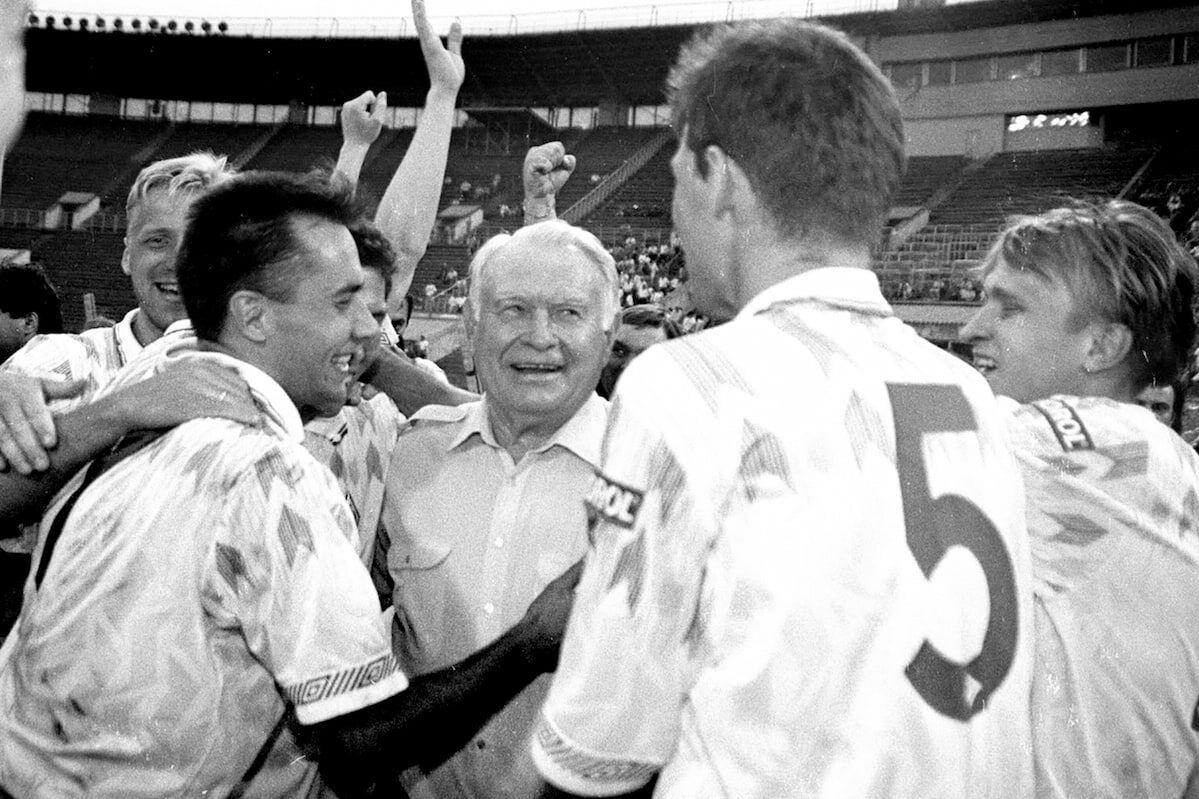
Beskov loved the theater from his youth and was always one of the theater-goers, actors and ballet masters. According to his wife, he had impeccable taste and a sense of beauty by nature. Football, which the great coach preached, was just as elegant.
- I had friends who danced in Moiseyev's ensemble. So Kostya tortured them with questions, like, how does Moiseyev manage such a huge gang? They answered: "We have two rehearsals - in the morning and in the evening. You can't go on a spree here." After that conversation, Kostya began to conduct two-a-day training sessions - the first in our football, - recalled Valeria Beskova.
Beskov did not like to watch the matches from the bench and always went to the stands, from where the field was much better seen. And when it was necessary to make adjustments to the game or make a substitution, he would call his assistant with a conventional signal.
- I sat in the stands, because the game was much better seen from there. In addition, I always had to feel the mood of the spectators. I listened to their remarks, advice and, I will not hide, their assessments were very useful in some ways. I believed that we should put on a show for those who came to the stadium. Even if we won, but did not show a beautiful, spectacular game, then I was dissatisfied. If we play, then for the spectators, - said Beskov.
"Dynamo Constellation" is a unique project launched on the day of Alexey Khomich's 100th anniversary in March 2020. Based on the results of the fan vote, the final roster of 11 outstanding Dynamo players was formed. During 2020 and 2021, 11 stars included in the constellation were named after legendary Dynamo football players: Alexei Khomich, Lev Yashin, Mikhail Yakushin, Konstantin Beskov, Mikhail Semichastniy, Igor Chislenko, Sergei Solovyov, Valeriy Maslov, Viktor Tsarev, Igor Dobrovolskiy and Alexander Novikov.
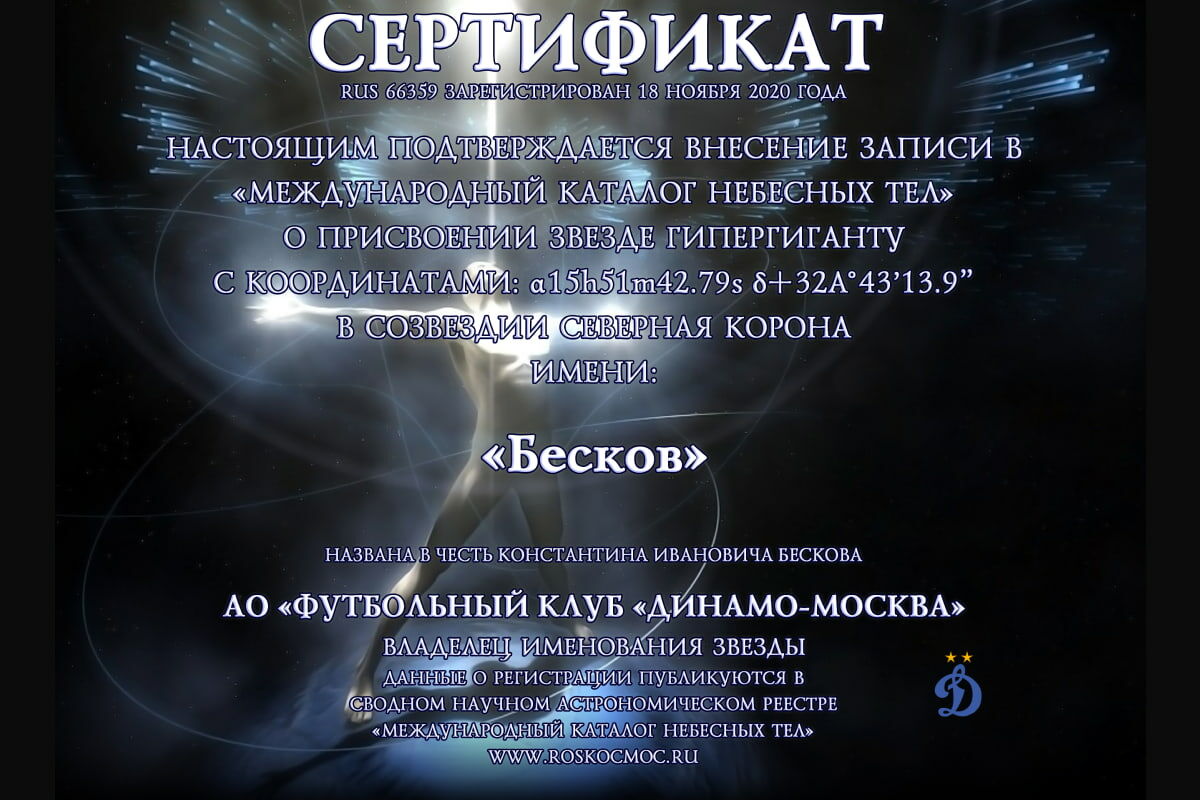
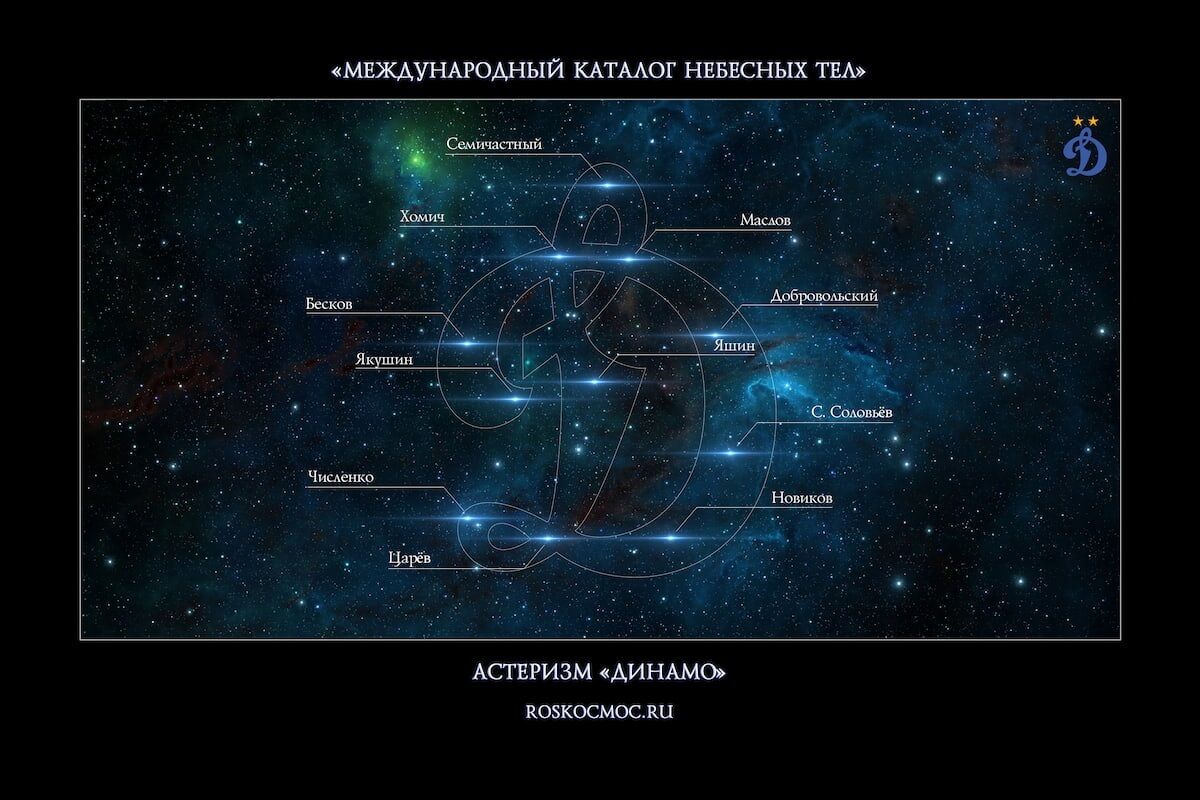
Career












Achievements
Video
No content yet
Photo
No content yet